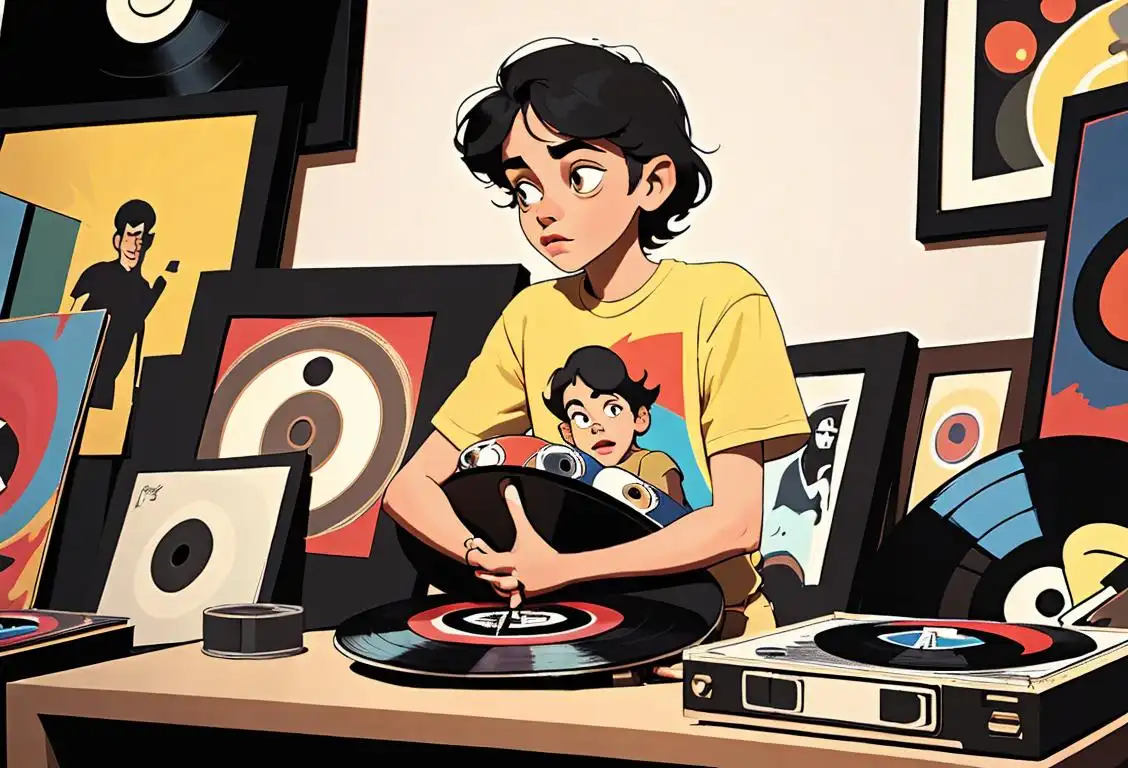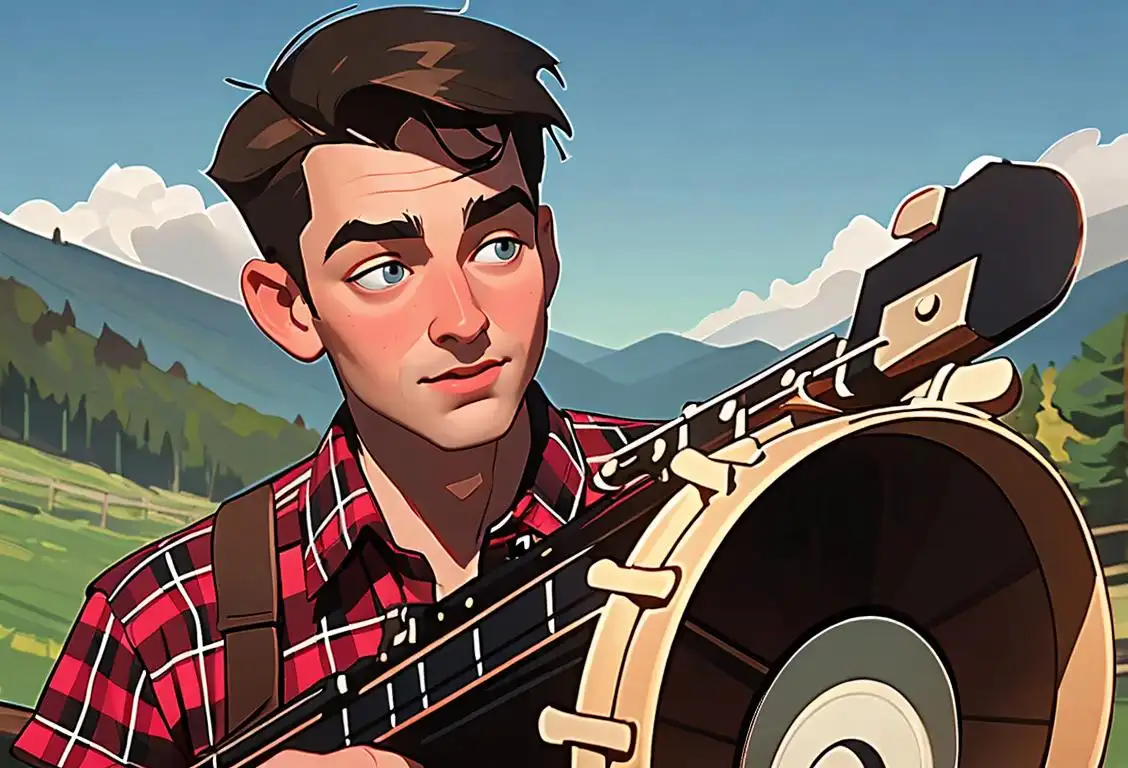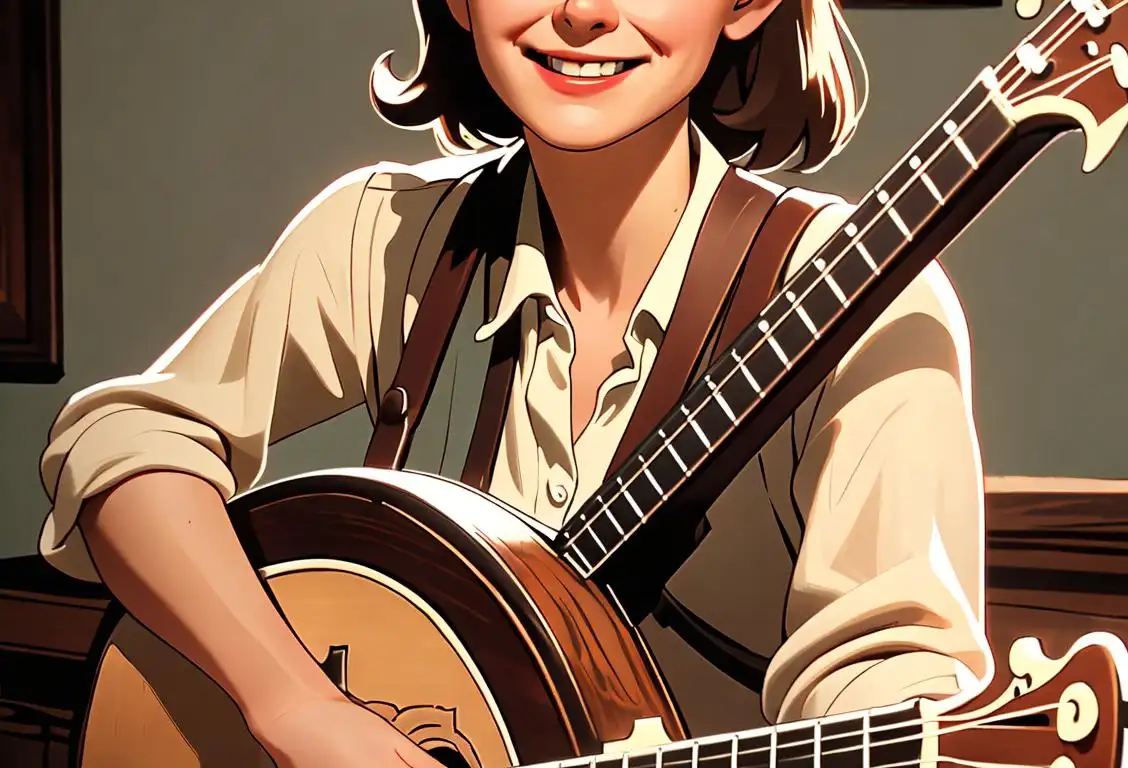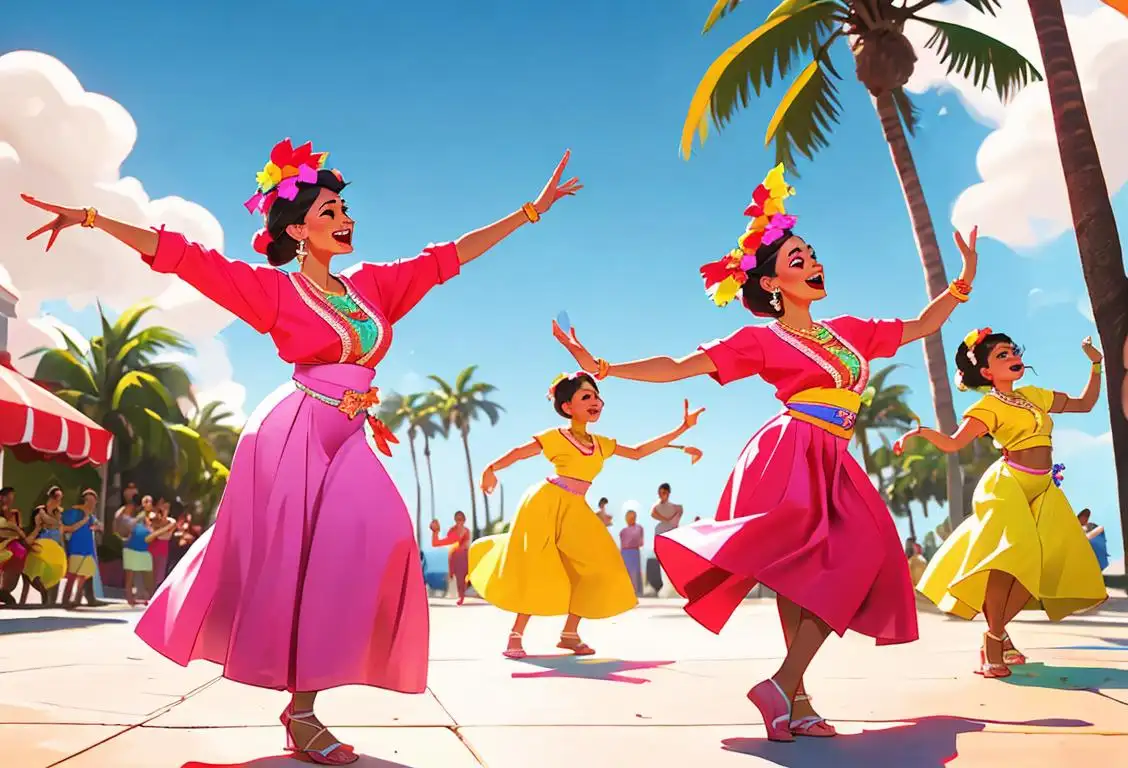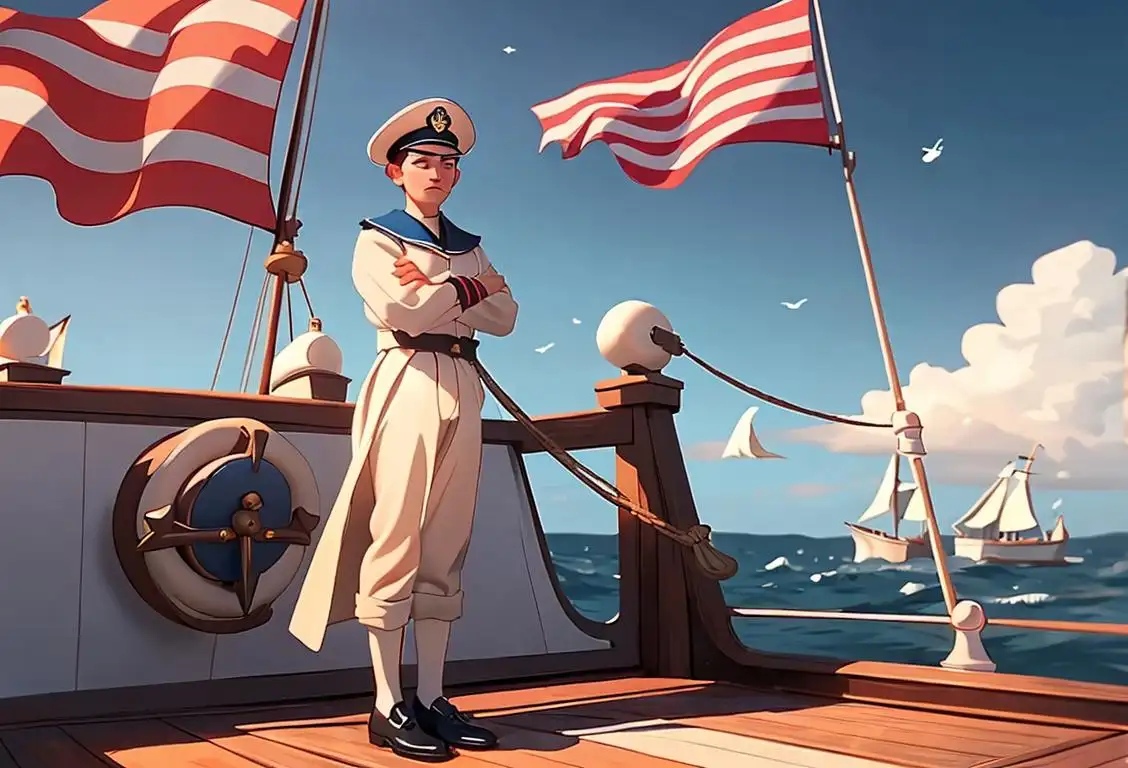National Piano Day
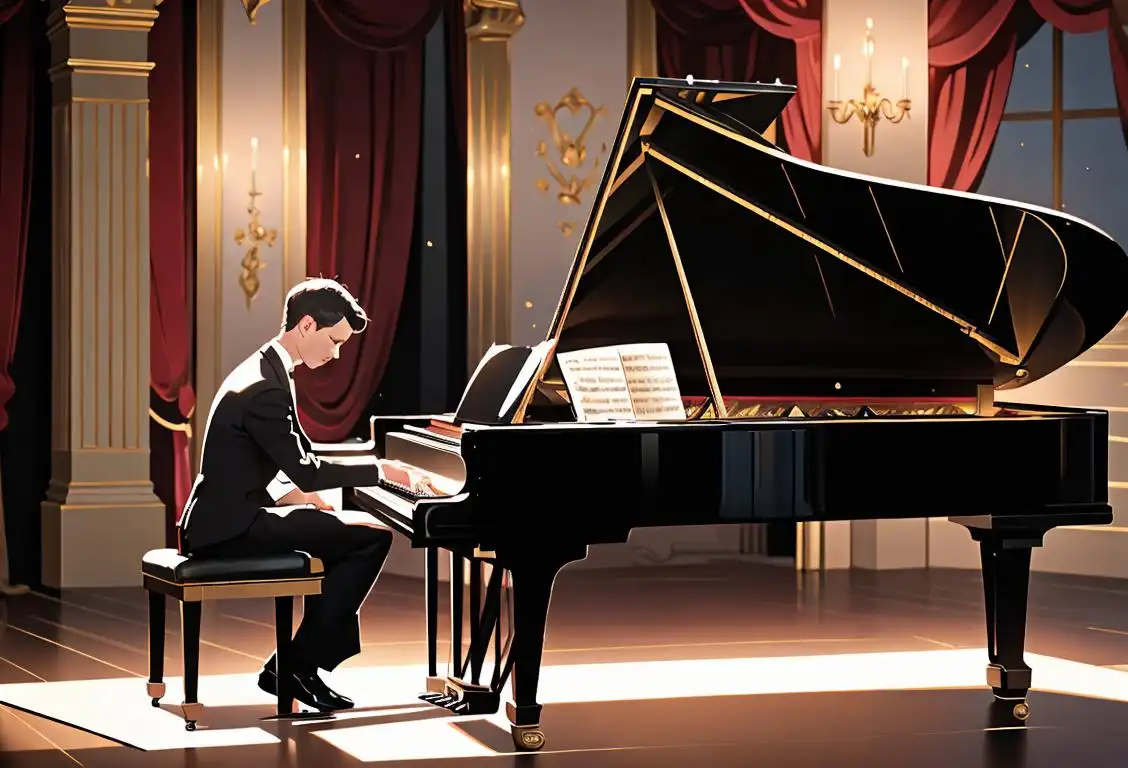
Do you hear that beautiful sound? It's National Piano Day! Grab your sheet music, warm up those fingers, and get ready to tickle the ivories. Whether you're a seasoned maestro or a novice pianist, this day is all about celebrating the versatile and enchanting piano. So, let's dive into the fascinating history and fun facts surrounding this melodic instrument.
When is Piano Day?
It's national piano day on the 29th March.
The Harmony of History
The piano, with its 88 keys, has a rich history that dates back to the early 18th century. It was invented by Bartolomeo Cristofori, an Italian instrument maker, around 1700. Back then, it wasn't called a piano; it went by the name of 'pianoforte,' which means 'soft-loud' in Italian. This name reflected the instrument's ability to produce both gentle and powerful sounds, thanks to the use of hammers and strings.
Since its creation, the piano has become one of the most iconic and beloved instruments in the world. It has been played by musical legends like Wolfgang Amadeus Mozart, Ludwig van Beethoven, and Frederic Chopin. The piano's versatility allows it to be the centerpiece of solo performances, orchestral arrangements, and even jazz ensembles. It truly harmonizes with any genre.
Key Moments in Piano History
Throughout history, the piano has undergone several transformations to improve its sound and playability. The introduction of the upright piano in the late 18th century made it more accessible to the general population, as it took up less space than its grand counterpart. The invention of the sustain pedal in the mid-19th century added a new layer of expressive possibilities, allowing pianists to sustain notes and create beautiful soundscapes.
Fast forward to the digital age, and we now have electric pianos and digital keyboards that offer a wide range of sounds and effects. Technology has given us the ability to simulate the sound of grand concert pianos in a more compact and portable form.
Piano Fun Facts
Did you know that the world's largest piano is over 18 feet long? It was built by Adrian Mann, a piano tuner from New Zealand, and it requires two musicians to play it simultaneously. Talk about teamwork! And speaking of impressive feats, the record for the most keys on a piano goes to the 97-key Stuart & Sons piano. That's almost an extra octave of musical possibilities!
History behind the term 'Piano'
1700s
Birth of the Clavichord
The term 'piano' originates from the Italian term 'Pianoforte,' which means 'soft-loud.' The development of the piano can be traced back to the 1700s when the clavichord, a small keyboard instrument, was popular. While the clavichord allowed players to produce soft and loud sounds by varying the pressure on the keys, it lacked the ability to produce sustained notes or dynamic range. This limitation led to the invention of the piano.
1709
Bartolomeo Cristofori's Invention
In the year 1709, an Italian instrument maker, Bartolomeo Cristofori, developed the first true piano. Cristofori's instrument, called the 'gravicembalo col piano e forte' (harpsichord with soft and loud), used a hammer mechanism instead of the plucking mechanism found in the harpsichord. This innovation allowed players to control the volume and produce expressive dynamics, marking a significant advancement in keyboard instruments.
1730s
Spread of the Piano
During the 1730s, the piano gained popularity across Europe. It quickly replaced the harpsichord as the favored keyboard instrument due to its improved capabilities. The piano's ability to produce sustained notes, control dynamics, and vary touch sensitivity made it a versatile and expressive instrument. The spread of the piano led to its adoption by prominent composers and musicians, playing a significant role in the development of classical music.
1770s
Piano Manufacturing in Europe
In the 1770s, piano manufacturing expanded throughout Europe. Renowned instrument makers, such as Johann Andreas Stein, created refined and sophisticated pianos. These instruments featured advancements in design, materials, and construction techniques, further enhancing the piano's sound quality and responsiveness. The European piano tradition influenced the development of different types of pianos, including the square piano, upright piano, and grand piano.
19th Century
Piano's Influence on Society
During the 19th century, the piano became a symbol of status and elegance in society. It was commonly found in affluent households and concert halls, playing a central role in musical entertainment at social gatherings. The piano's popularity sparked a surge in piano composition, with many composers dedicating their works to this instrument. The virtuosos of the time, such as Franz Liszt and Frederic Chopin, elevated piano performance and technique to new heights.
20th Century
Evolution of Piano Design and Styles
In the 20th century, piano design and styles continued to evolve. Advances in technology and manufacturing techniques allowed for the production of more affordable and mass-produced pianos, making the instrument accessible to a wider population. Additionally, the development of electric pianos and digital keyboards revolutionized the music industry. Despite these innovations, the acoustic piano remains a beloved instrument, treasured for its rich sound and tactile experience.
Did you know?
Did you know that the piano is sometimes called the 'king of instruments'? It earned this title because it can produce the entire range of musical tones, from extremely low bass notes to soaring high notes. No wonder it's the instrument of choice for composers and performers alike!Tagged
fun history musicFirst identified
27th January 2017Most mentioned on
29th March 2021Total mentions
53Other days
Piano Day
Radio Aaahhh They Deserve The Two Day
Album Day
West Virginia Day
Banjo Day
Puerto Rican Day
Teacher Appreciation Day
Liberation Day
Maritime Day
Memorial Day
